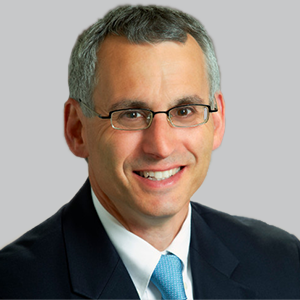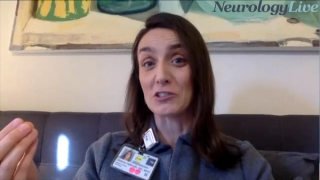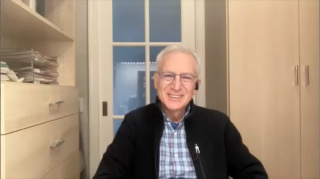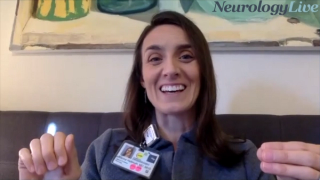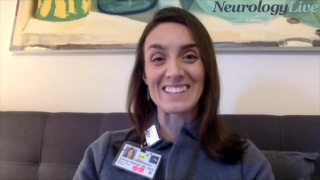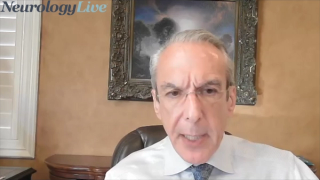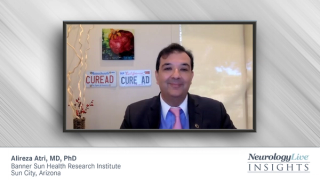
Dementia and Alzheimer Disease
Latest News

NeuroVoices: Jessica Caldwell, PhD, on Evaluating Brain Regions and Functional Connectivity to Understand Sex Differences in Cognitive Decline
Latest Videos

CME Content
More News
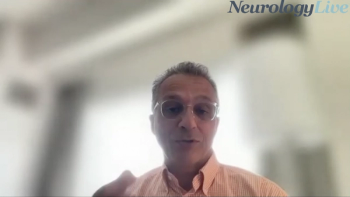
The chief medical officer and cofounder of Linus Health discussed how changes in voice may help serve as early indicators for late-life cognitive deficits. [WATCH TIME: 3 minutes]

Test your neurology knowledge with NeurologyLive®'s weekly quiz series, featuring questions on a variety of clinical and historical neurology topics. This week's topic is multiple sclerosis.

Vesna Garovic, MD, PhD, chair of the nephrology division at Mayo Clinic, discussed the appropriate reaction to data suggesting late-life elevated inflammation and neurovascular damage from severe preeclampsia.
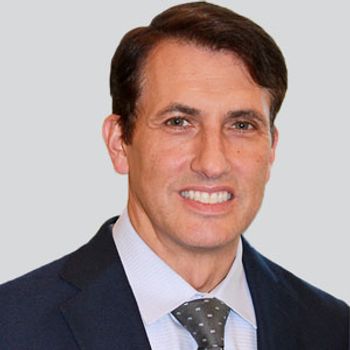
The field of Alzheimer disease has entered a new era of earlier detection, creating an opportunity to redefine treatment and the clinical care of patients.

Take 5 minutes to catch up on NeurologyLive®'s highlights from the week ending August 12, 2022.

The associate professor of neuropsychology at the University of Miami Miller School of Medicine provided insight on how persistent impairments seen on a cognitive screening tool may differentiate cognitive status. [WATCH TIME: 6 minutes]

The chair of the nephrology division at Mayo Clinic discussed the major questions surrounding preeclampsia and its long-term effects, as well as whether new findings change the way clinicians treat patients with the condition. [WATCH TIME: 4 minutes]
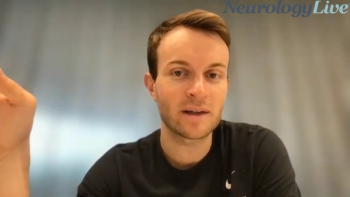
Realistic Views for Developing APOE-Targeted Gene Therapies for Alzheimer Disease: Yann Le Guen, PhD
The assistant director of computational biology at Stanford University discussed where the Alzheimer disease community stands on gene therapies that target APOE, and whether missense variants will play a role. [WATCH TIME: 4 minutes]
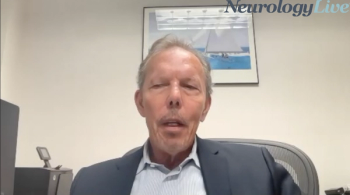
The professor of psychiatry and cell biology at NYU Langone discussed how validation of lysosomal autophagy will only simplify the understanding of the root causes of Alzheimer disease. [WATCH TIME: 4 minutes]
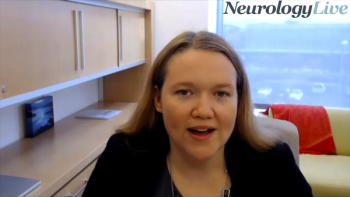
The director of the Women’s Alzheimer’s Movement Prevention Center at Cleveland Clinic provided insight on data presented at AAIC 2022 that evaluated the interaction effect of sex and diagnosis on functional connectivity in various cognitive stages. [WATCH TIME: 3 minutes]

The chair of the nephrology division at Mayo Clinic provided context on new findings on the risks of preeclampsia, a hypertensive disorder, and elevated levels of neuroinflammation and neurovascular damage.
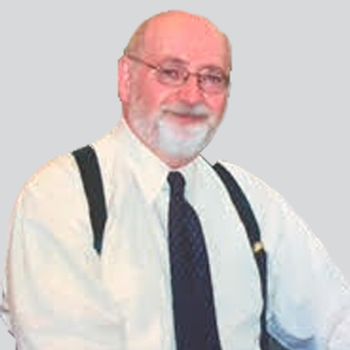
In a phase 2 trial, pepinemab significantly improved metabolic activity as detected by FDG-PET in the majority of brain regions examined, as well as correlated with changes in cognition across both Huntington disease and Alzheimer disease.
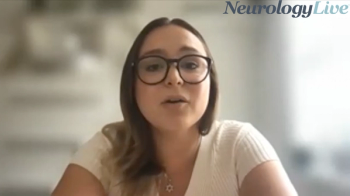
The medical student at Nova Southeastern University provided insight on a new innovative tool called the Cognitive Stress Test that can help distinguish different cognitive states for older adults. [WATCH TIME: 6 minutes]
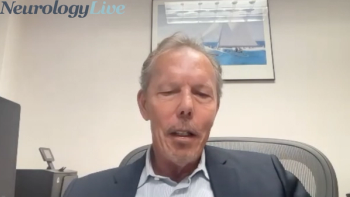
The professor of psychiatry and cell biology at NYU Langone pleaded his case for why the Alzheimer community should begin to turn to other drug development strategies, including the relatively young phenomenon of autophagy. [WATCH TIME: 3 minutes]

Here's some of what is coming soon to NeurologyLive® this week.

The chief medical officer and cofounder of Linus Health provided insight on the outlook of acoustic measures and machine learning to further classify cognitive impairment. [WATCH TIME: 4 minutes]

Test your neurology knowledge with NeurologyLive®'s weekly quiz series, featuring questions on a variety of clinical and historical neurology topics. This week's topic is neuromyelitis optica spectrum disorder.

Jagan A. Pillai, MD, PhD, neurologist, Cleveland Clinic Lou Ruvo Center for Brain Health, discussed a recent study which found faster clinical progression in those with nonamnestic initial cognitive symptoms.
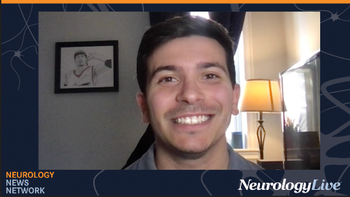
Neurology News Network for the week ending August 6, 2022. [WATCH TIME: 4 minutes]

Take 5 minutes to catch up on NeurologyLive®'s highlights from the week ending August 5, 2022.

Effect modification by cognitive status and APOE genotype revealed greater effects of mild behavioral impairment with apathy in those who had normal cognition or in non-APOE ɛ4 groups.

The nephrologist at Mayo Clinic provided insight on new data showing elevated extracellular vesicles of neurovascular origin in women with a history of severe preeclampsia years after pregnancy. [WATCH TIME: 4 minutes]
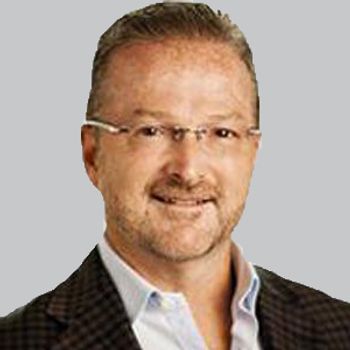
The FDA expressed concerns about the limitations of the data included in the submission, and recommended that Acadia conduct an additional trial in AD psychosis with pimavanserin (Nuplazid).

Inflammatory coagulation pathway activator positive extracellular vesicles were significantly increased in women with a history of severe preeclampsia compared with controls and those with milder cases.

The neurologist at Cleveland Clinic’s Lou Ruvo Center for Brain Health detailed new findings on whether initial cognitive symptoms have similar rates of functional decline across a handful of neurodegenerative disorders. [WATCH TIME: 3 minutes]



